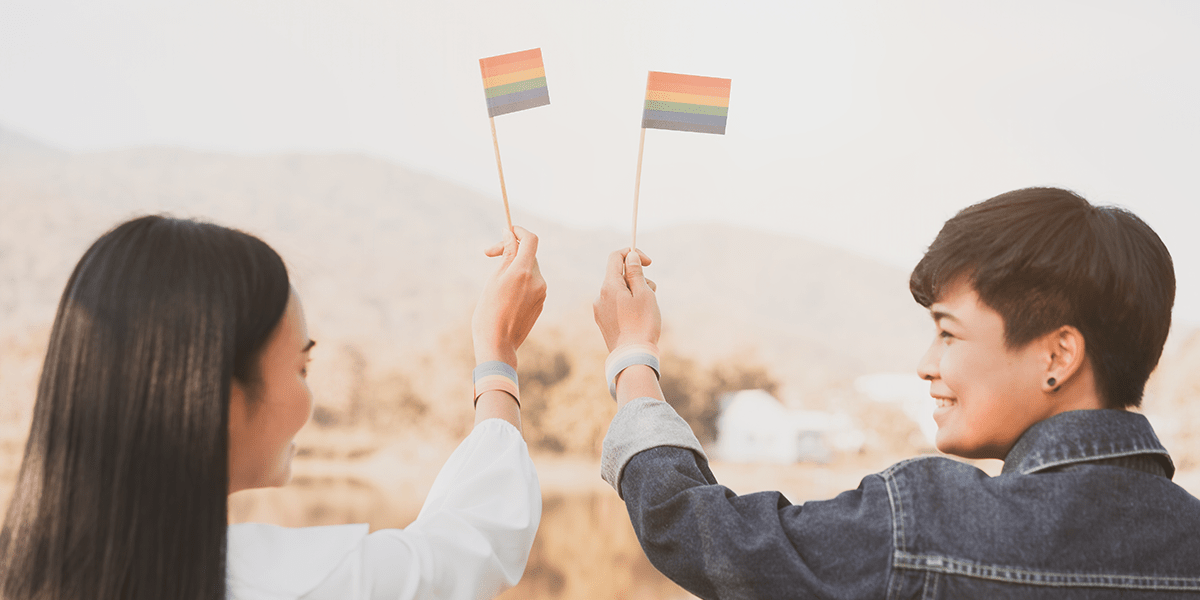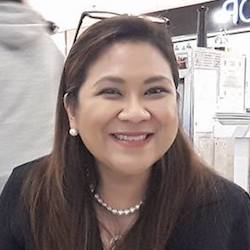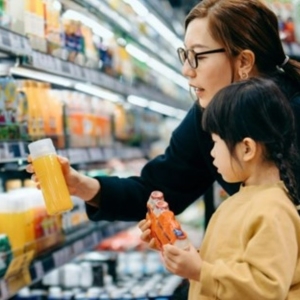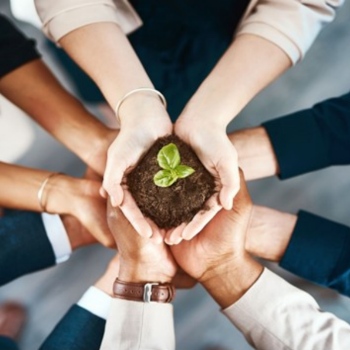And in this time of pandemic, just like you, we worry about our health, our loved ones, our future.
We are all presently facing an uncertainty brought about by an unknown, fatal disease and troubled by a global economic recession, but for many LGBTIQA+ persons, the anxiety of an uncertain future is a daily reality exacerbated by discrimination and homophobia. Outright Action International (formerly International Gay and Lesbian Human Rights Commission) project coordinator for Asia and the Pacific Ging Cristobal points out how LGBTIQA+ people also worry about sustaining their basic needs of food, shelter, and clothing, as well as being able to pay for utilities, education and healthcare. The prevailing stigmatization and discrimination against LGBTIQA+ people, she says, makes it more challenging to have financial security. “Being a member of the LGBTIQA+ community, financial insecurity is higher and stronger,” she says.
While the 20,000-strong attendees of last year’s Pride March may indicate a more accepting Filipino society, the reality is that many LGBTIQA+ individuals still worry about losing their jobs, and thus, losing a much-needed source of income. “There are cases where LGBTIQA+ persons have difficulty finding work because of the stigma attached to being a person of diversity,” points out Lars Sia, BPO employee. “This narrows down the avenues to earn.”
“Many of us still face greater job insecurity, simply because of potential homophobic responses of people who might be higher up on the corporate ladder than we are,” shares Barbie Barbieto, 42, a PR and social media specialist. “I'm lucky enough to be in an industry that's easy to be gay in. I know a lot of people are not as lucky.”
Putting others first
More often than not, the LGBTIQA+ person carries the responsibility of caring for other members of the family – their parents, siblings, nieces and nephews, grandparents – instead of prioritizing themselves. Forty-three-year-old Terence S., a BPO employee, recalls how he had to help make ends meet at home when his brother and mother got sick at the same time. “It was hard on all of us, [and] since I’m the youngest, I have to give most of the time,” he shares, “I guess kasi [ako] walang pamilya.” He also had to help his brother pay off his loans. “I had to sacrifice myself and wasn’t able to save for myself,” he says. “It is only now that I am getting back on track.”
Design director Mitzuko Garcia, 44, says some families believe that the LGBTIQA+ person should shoulder more expenses “kasi hindi tayo magkaka-family. So Instead of thinking of our own financial stability, we have other obligations first,” she explains. “So by the time we start for our own, sometimes it’s too late.”
Entrepreneur Sharmaine Galve, 44, believes otherwise. “I feel I am more financially secure actually because I have no family to feed,” she begins. “Being LGBT has more advantages because of [our] not having a family. If anything, it’s [perhaps] that lack of responsibility [towards others] that makes us more generous to people, which then overburdens us.”
It's complicated
For some LGBTIQA+ persons, pursuing and achieving financial stability is easier when one is single. “As an individual, financial stability is straight forward,” observes Che Roces, 42. “As a couple, it makes it more difficult to prepare financially.”
Being in a relationship dredges up more complicated issues, it seems. Roces, a manager at Google Operations Center, adds, “I have always worked for equal opportunity companies… so financial security is not an issue. What keeps me up at night is having a partner and not knowing how you can secure your finances and assets as a couple should anything happen to the other. Example: If we buy a house and it is under my name and I die, what happens? Will she be able to get her fair share? And vice-versa.”
Other major worries that lay heavy on the mind of LGBTIQA+ persons is not being able to save enough for their retirement, healthcare, and medical needs, or for the care of their partners and children, should they pass away ahead of their loved ones. Sia, who is bi and trans, feels most challenged when it comes to preparing adequate funds for his retirement and healthcare. He points out, “Being part of a marginalized community does trigger issues specially on healthcare coverage because there could be situations where we need to do and make extra to ensure we have enough for health and family emergencies.”
Moreover, Barbieto adds, “A lot of times there's a sense of hopelessness, especially among those who aren't as well off. Too many times I have met individuals who refuse to believe that they can achieve financial security simply because they don't think they deserve a future.”
Knowing is half the battle
Whether or not one is single or in a relationship, nothing is stopping an LGBTIQA+ person from pursuing a life with financial freedom. While it may seem daunting at first, the key is being honest with one’s self and embracing a growth mindset. The path to financial security varies from person to person – it may be long and circuitous for some, or a short and narrow one for another. The most important thing is to get started on that journey.
Here are four steps you can do to take control of your financial journey.
- Find someone you trust and can talk to about your financial worries.
- Identify the specific issues you want to address; start from the most important and immediate needs.
- Set your financial goals.
- Research and educate yourself.
One way to get started on your journey to financial freedom is to find a trustworthy financial advisor. Choose someone who knows how to guide you in managing your finances, but more importantly, respects you as an individual and values your specific needs and concerns regardless of your sexual orientation, gender identity and expression.
As Janice B., a client service associate in a BPO says, “Nothing to worry if you are financially literate and know how to save, LGBT or not. If you live within your means, know how to save and invest; understand the concept of need vs. want, and stick to the essential things only when buying, then no need to worry.”
“In this current pandemic, LGBT or not, middle class or not, we all need to tighten our belts for we don't know when this pandemic will end,” she says matter-of-factly.
What about you? Does being LGBTIQA+ affect your feelings of financial security? Do you think LGBTIQA+ persons have more difficulty managing their finances and feeling financially stable and secure?











.png)

